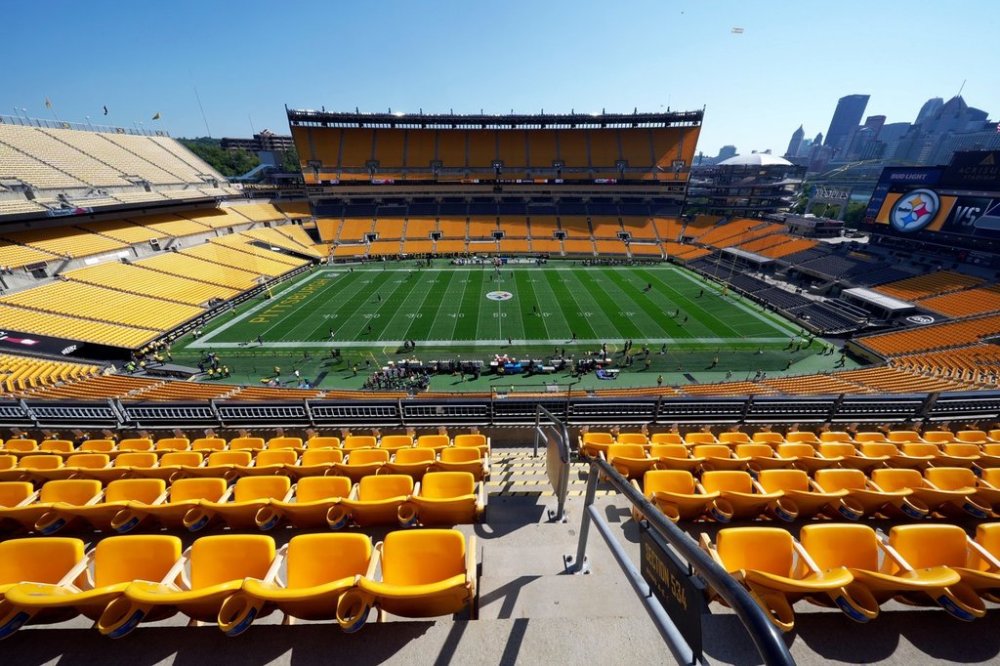Pittsburgh’s ‘jock tax’ on visiting athletes, performers at publicly funded stadiums shot down
Advertisement
Read this article for free:
or
Already have an account? Log in here »
To continue reading, please subscribe:
Monthly Digital Subscription
$0 for the first 4 weeks*
- Enjoy unlimited reading on winnipegfreepress.com
- Read the E-Edition, our digital replica newspaper
- Access News Break, our award-winning app
- Play interactive puzzles
*No charge for 4 weeks then price increases to the regular rate of $19.95 plus GST every four weeks. Offer available to new and qualified returning subscribers only. Cancel any time.
Monthly Digital Subscription
$4.99/week*
- Enjoy unlimited reading on winnipegfreepress.com
- Read the E-Edition, our digital replica newspaper
- Access News Break, our award-winning app
- Play interactive puzzles
*Billed as $19.95 plus GST every four weeks. Cancel any time.
To continue reading, please subscribe:
Add Free Press access to your Brandon Sun subscription for only an additional
$1 for the first 4 weeks*
*Your next subscription payment will increase by $1.00 and you will be charged $16.99 plus GST for four weeks. After four weeks, your payment will increase to $23.99 plus GST every four weeks.
Read unlimited articles for free today:
or
Already have an account? Log in here »
HARRISBURG, Pa. (AP) — Pittsburgh’s so-called jock tax, which levies a 3% tax on income earned by visiting athletes and performers at publicly funded stadiums, discriminates against nonresidents, the Pennsylvania Supreme Court ruled Thursday.
City residents who play or perform at the stadiums pay a 1% tax on income, plus a 2% school district tax. The city argued that the net effect of the taxing scheme was therefore the same. However, the high court, like lower courts who first heard the case, disagreed, noting that nonresident workers are not subject to the school tax.
“The city does not provide concrete reasons that would justify taxing nonresident athletes and entertainers more than resident athletes and entertainers,” Justice David N. Wecht wrote for the seven-member court. The decision was unanimous, although the judges were divided in their reasoning.

The ruling, which echoed those issued by lower courts in the case, is expected to cost the city millions in lost revenue. The city had collected $2.6 million from the tax so far in 2025, a mayoral spokesperson said.
“This decision will further shift the cost burden of essential city services onto our residents, while reducing the responsibility of performers and professional athletes to contribute to covering the significant costs associated with large public events,” Olga George, a spokesperson for Mayor Ed Gainey, said in an email.
The judges, though, noted that state lawmakers authorized the tax in the early 2000s not to offset the cost of stadium construction but to boost the city’s strained finances.
The plaintiffs include former Pittsburgh Penguin Scott Wilson; Kyle Palmieri of the New York Islanders; former baseball player Jeff Francoeur; and the players’ associations of the National Hockey League, National Football League and Major League Baseball.

